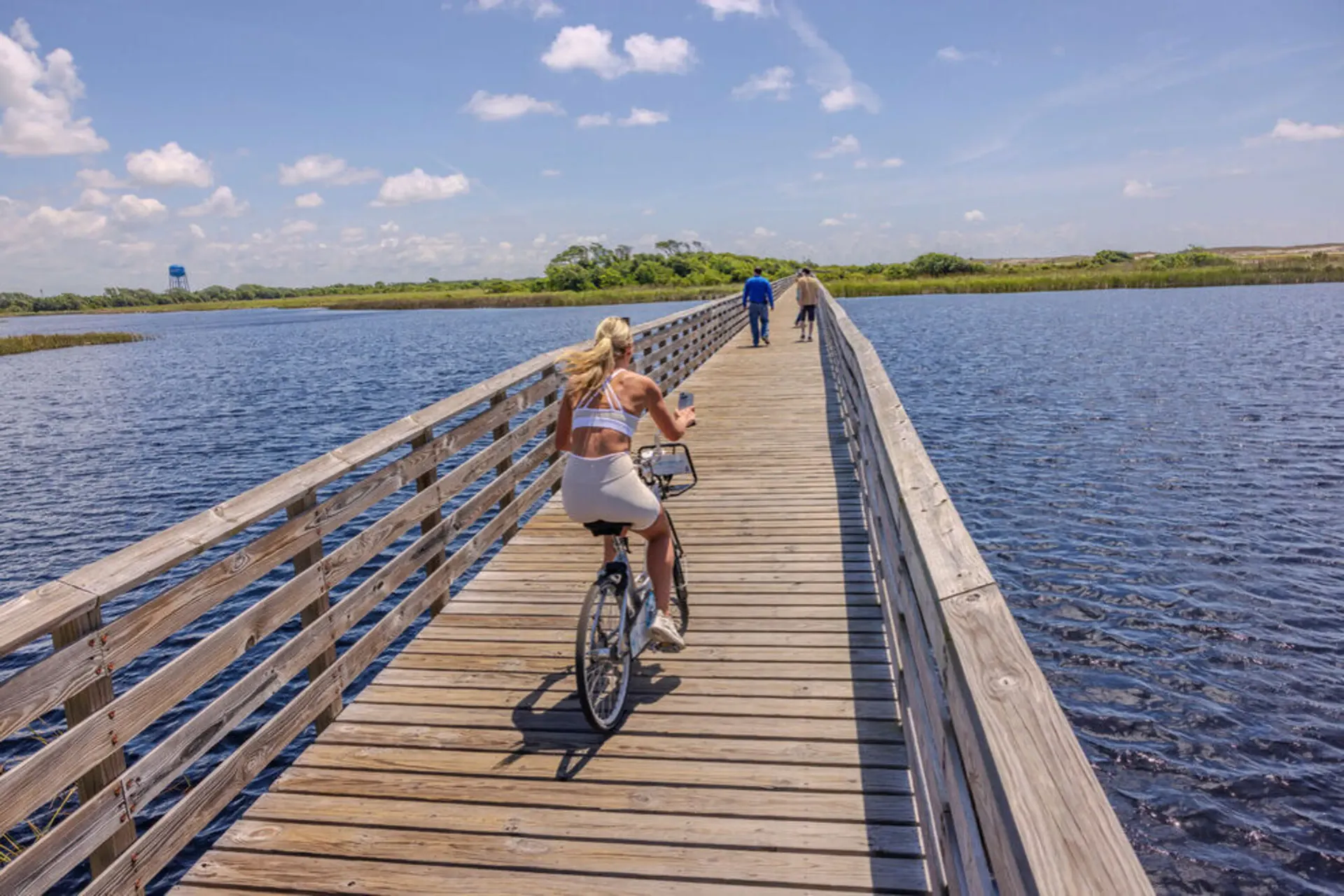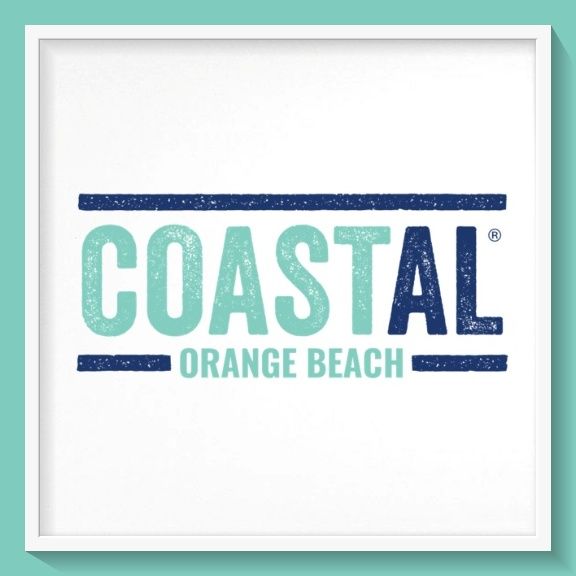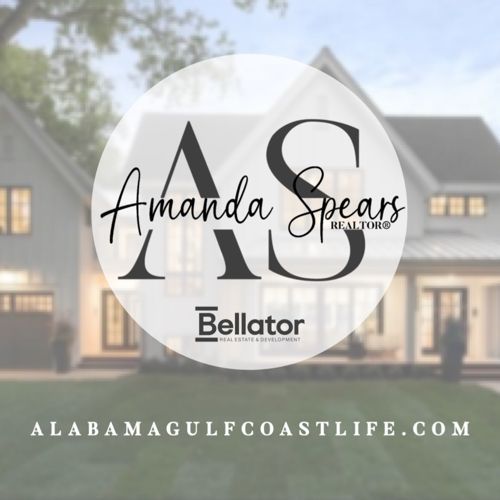Baldwin County Sewer Service Sues Gulf Shores
Ken Cooper • December 17, 2023
Sewer company takes city to court

A dispute has arisen between the Baldwin County Sewer Service (BCSS) and the city of Gulf Shores concerning a large sludge pond located near the Little Lagoon Mobile Home Park in Gulf Shores. BCSS services parts of Fort Morgan and other areas around Gulf Shores. This matter has been a focus of past City Council and Planning Commission meetings. Below is more background about the lawsuit:
READ RELATED ARTICLE IN JUNE OF 2023
Background:
- The sludge pond serves the BCSS plant on Fort Morgan Road.
- Gulf Shores claims BCSS did not obtain the necessary permit for the pond's construction.
- The city issued a "cease and desist" notice to BCSS on May 11, 2022.
- The Gulf Shores Planning Commission recommended denying the permit or limiting its capacity and requiring the pond's closure.
- The City Council opted not to consider the matter at all.
Current Situation:
- BCSS has filed a lawsuit against Gulf Shores in Baldwin County Circuit Court.
- The utility claims the city's actions are "arbitrary and capricious," exceeding its authority, and hindering BCSS' ability to operate its wastewater treatment plant.
- BCSS seeks a court order declaring the permit requirement invalid and allowing the continued operation of the sludge pond.
Potential Impact:
- The lawsuit could result in a court decision defining the permitting authority for such facilities in Gulf Shores.
- The outcome could affect the future management of wastewater treatment in the area.
- Environmental concerns remain, with the potential for the pond impacting the nearby Little Lagoon and ecosystem.
Additional Points:
Residents are concerned about the odors and potential environmental hazards from the pond.- The lawsuit specifically challenges Gulf Shores' interpretation of its zoning ordinance and permitting requirements.
- The court date for the lawsuit has not yet been set.
What is a Sludge Pond?
A sludge pond, also sometimes called a sludge lagoon or holding pond, is a man-made, usually open-air, facility used to store and manage sludge. Sludge is a thick, semi-liquid residue produced during various processes, including:
- Wastewater treatment: When wastewater is treated in a facility, solid materials like organic matter, bacteria, and chemicals settle out, forming sludge. Sludge ponds are used to store this wastewater sludge before it's further processed or disposed of.
- Industrial processes: Certain industries, like mining, manufacturing, and food processing, also generate sludge as a byproduct. Sludge ponds can be used to store this industrial sludge until it's treated or disposed of.
Sludge ponds serve several purposes:
- Storage: They provide a temporary or permanent storage solution for sludge, allowing for controlled management and preventing overflow or release into the environment.
- Dehydration: Sludge ponds can help dehydrate the sludge through natural evaporation, reducing its volume and making it easier to handle.
- Digestion: Some sludge ponds are designed for anaerobic digestion, where bacteria decompose organic matter in the sludge, producing biogas that can be used for energy generation.
- Solidification: In some cases, additives are mixed with the sludge in the pond to solidify it, making it easier to transport and dispose of.
However, sludge ponds can also have drawbacks, including:
- Odors: The decomposition of organic matter in the sludge can generate unpleasant odors, potentially affecting nearby residents.
- Environmental risks: If not properly managed, sludge ponds can leak or overflow, contaminating soil and water sources.
- Greenhouse gas emissions: Anaerobic digestion in sludge ponds can produce methane, a potent greenhouse gas.
Recent Posts

























